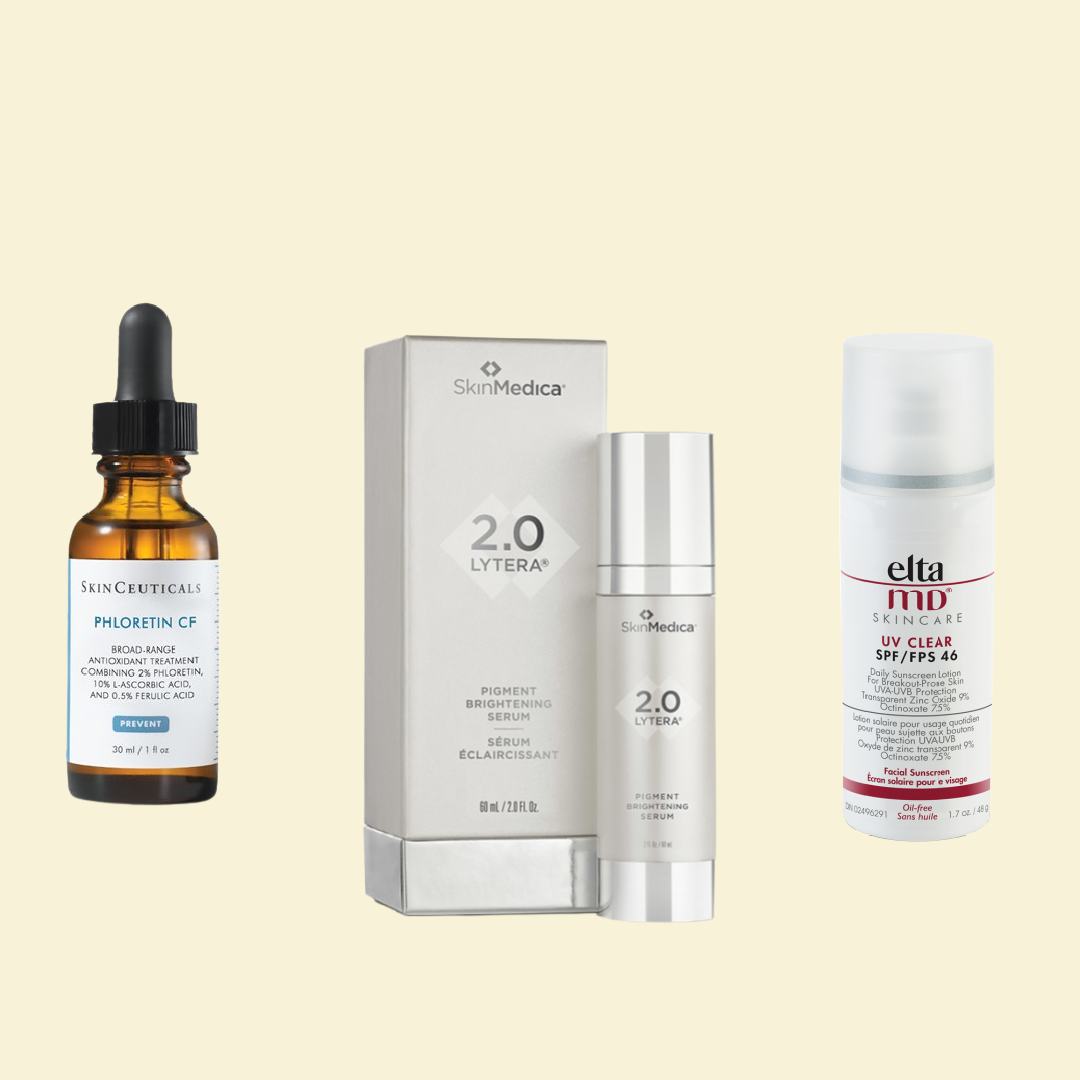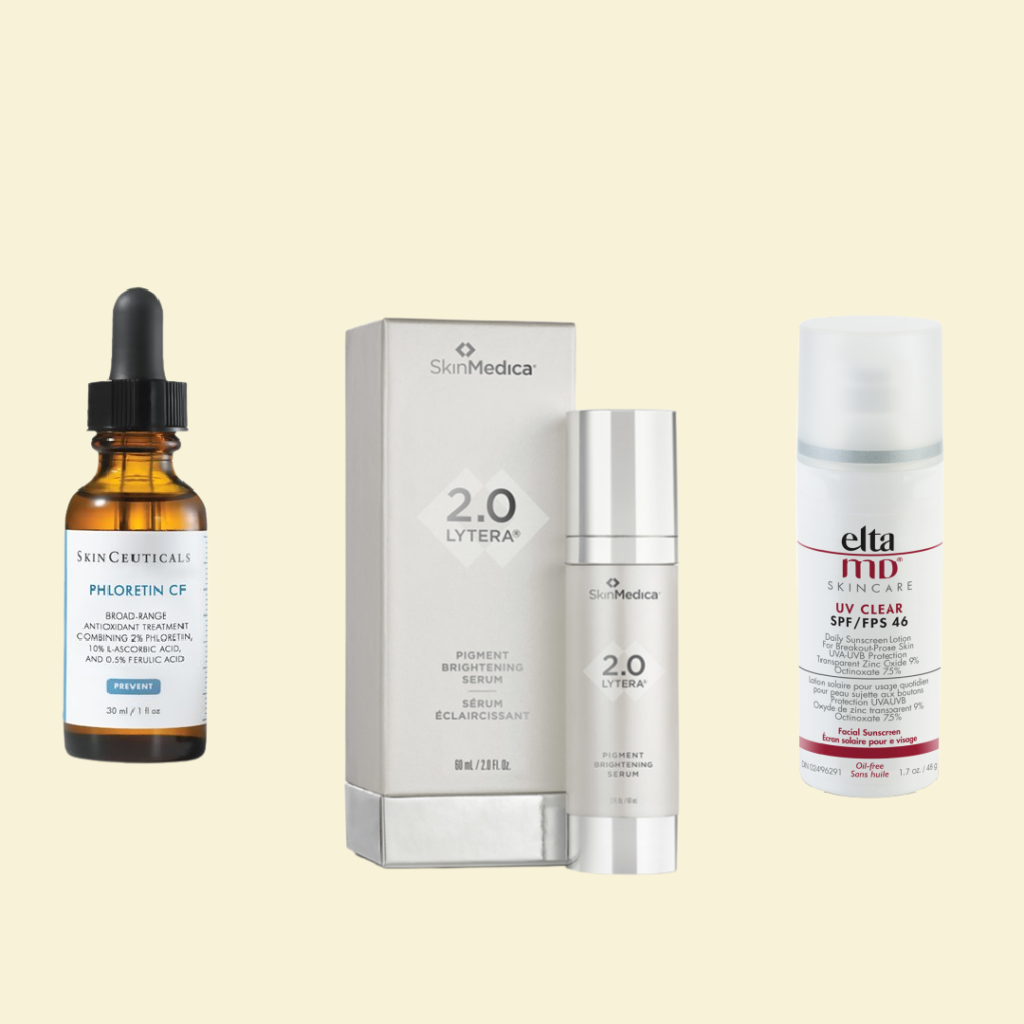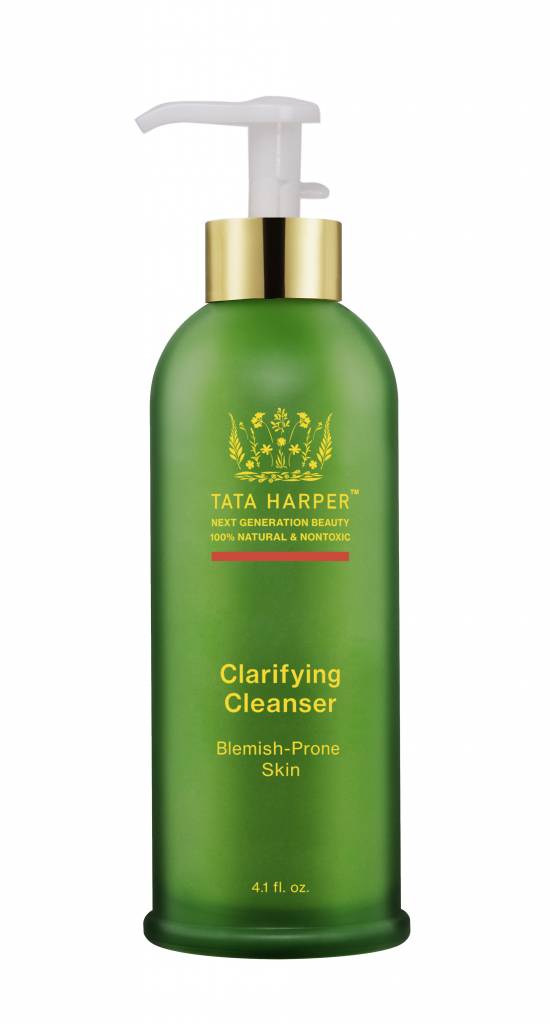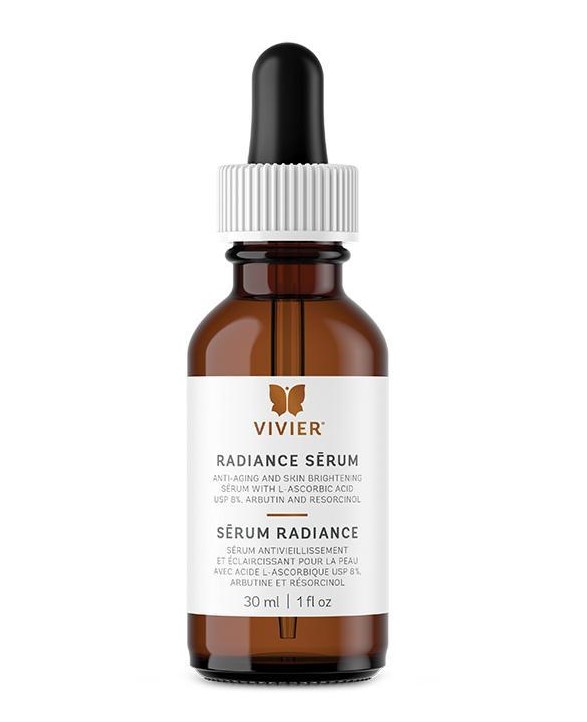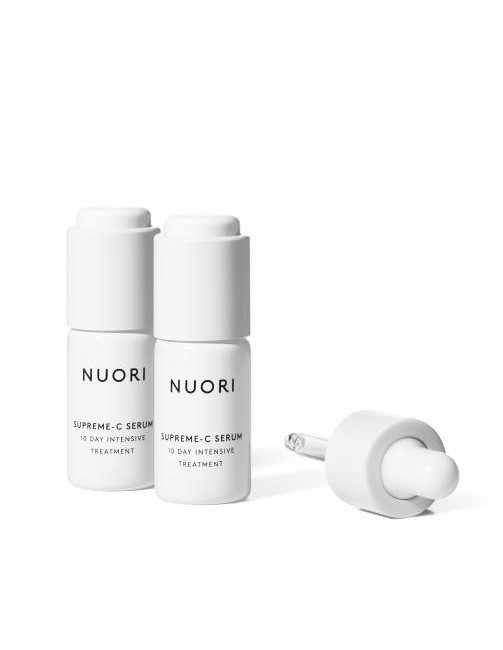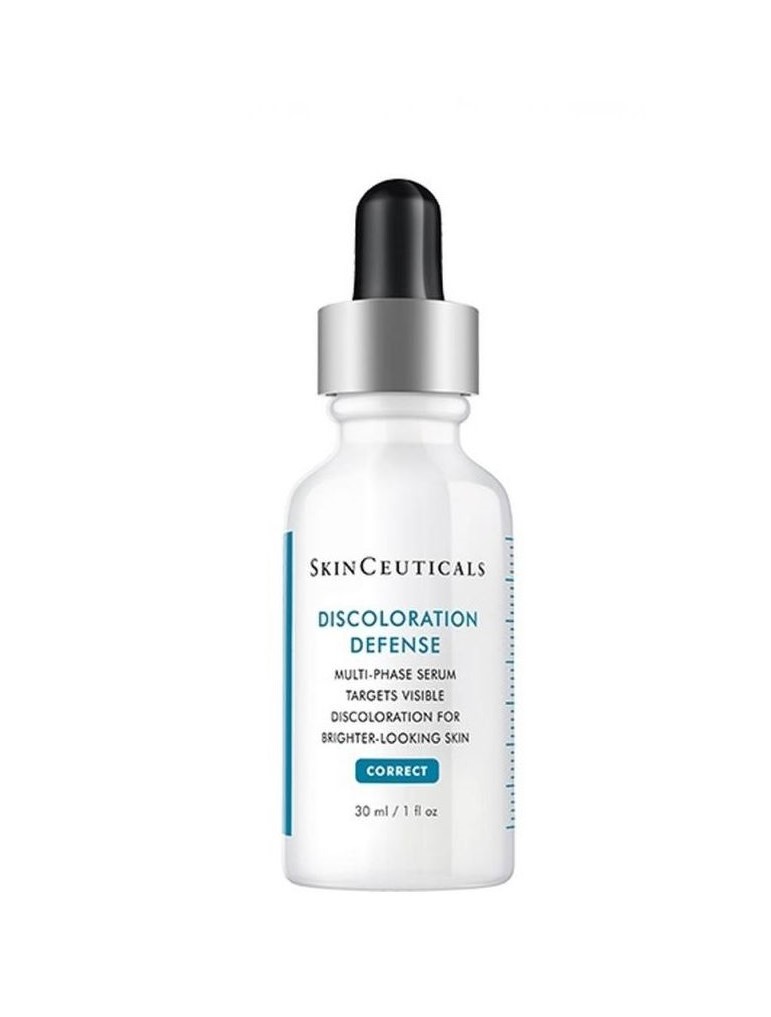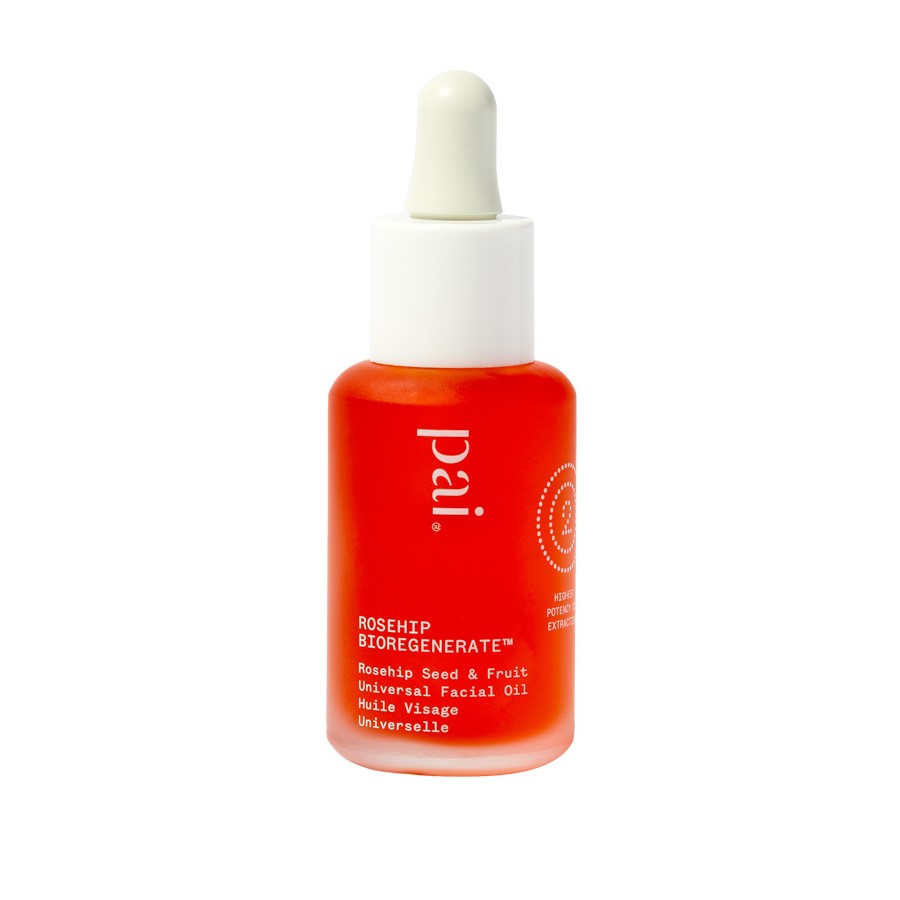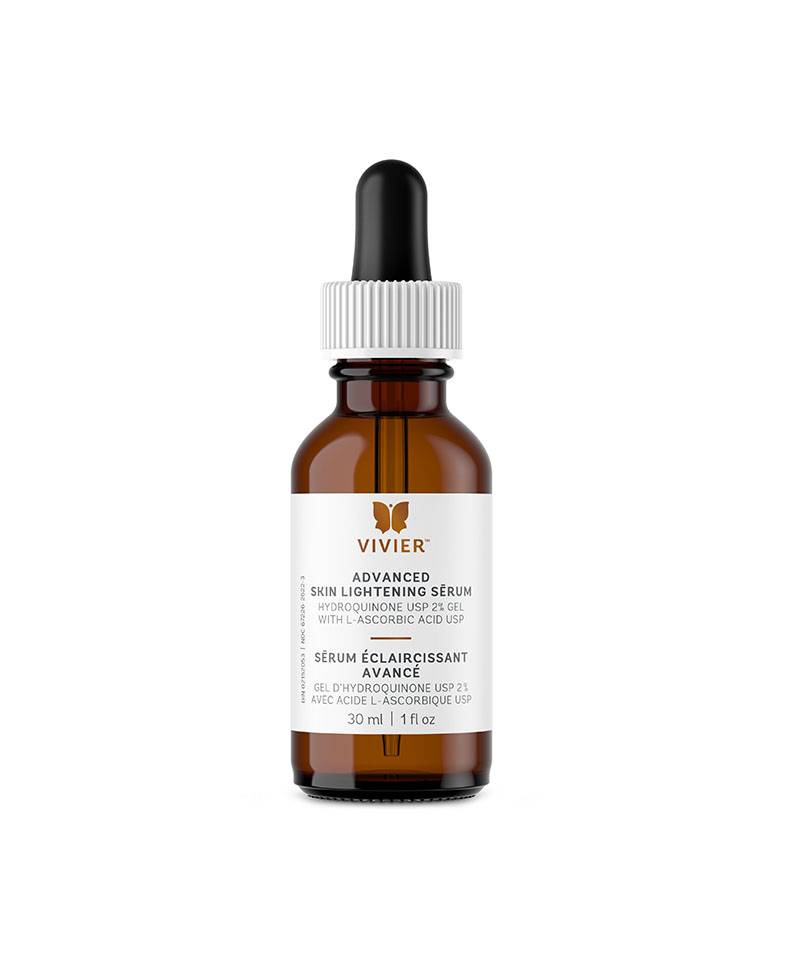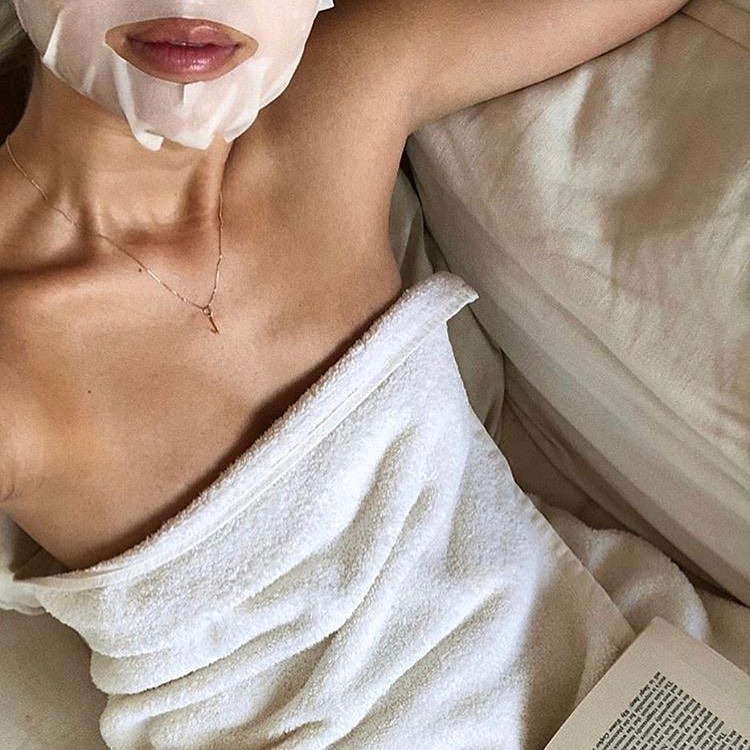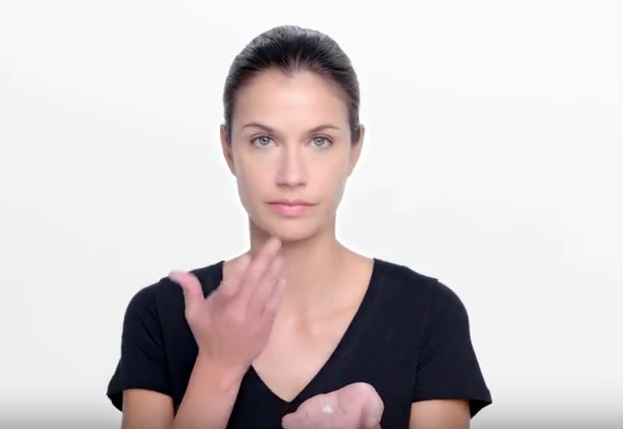
Retinol: an ingredient heard of by many and understood by few. It’s often referred to as a powerhouse ingredient which makes it all the more mysterious and alluring.
Many of you may be sold on the idea of incorporating it into your routine without actually knowing what it does or how to use it. Although I don’t blame you for quickly jumping on the retinol bandwagon, I can’t stress how important it is to understand this ingredient in its entirety so as not to damage your skin. The reason it’s referred to as a powerhouse ingredient is because it is strong. Its strength is what makes it effective, but also what makes it dangerous. Keep reading to learn how to properly tame this skincare beast.
WHAT IS RETINOL?
Retinol (also known as vitamin A) is an over-the-counter form of retinoid, which is usually prescribed by a doctor. Retinols work by increasing collagen production as well as increasing the rate of cell turnover. New York dermatologist Shari Marchbein, M.D. mentions that retinols ‘also help treat acne, blackheads, and clogged pores.’
Because retinol is an over-the-counter retinoid, it is milder than prescription retinoids which makes it ideal for at-home use. Ideally, one should slowly build up their resistance to retinol and eventually apply it every single night. Key work here is slowly. This is a process, folks. Patience is required.
WHO IS IT FOR?
As mentioned above, retinol serves many purposes. It prevents wrinkles, brightens dull skin, treats acne and fades dark spots. With that logic, retinol can help everyone from mature skin, to acne sufferers and anyone in between! Over time, retinol can help increase the production of collagen and elastin in the dermis. Not only does this ingredient provide short term results, but it also aids in the long-term health and appearance of your skin.
If you have perfect skin with no issues whatsoever, lucky you! In your case, most dermatologists would recommend you start using retinol in your thirties, just as your collagen production begins to slow down. In fact, as dermatologist Mona Gohara, M.D., associate clinical professor at Yale University explains: ‘Up until your early-30s, your cells turn over every 28 days, creating a fresh layer of untouched, pristine skin. But after you hit your mid-30s, your cell regeneration slows down, turning over every 50, 60, or 70 days. Retinol, however, sinks into your skin and speeds up cell turnover, causing your body to churn out fresher, smoother skin again.’
HOW DO I USE IT?
We asked our medical aesthetician, Paule, to inform us on how to properly incorporate this ingredient into our routines. For beginners, she recommends starting off by using it twice a week, every 3 nights for the first 2 weeks. If your skin is tolerating it well- i.e. isn’t too red or irritated, then you can add another night per week to this regimen. As time goes on, you can maintain that same time frame: increasing by one night every 2 weeks until you’re up to using it every single night.
If you’ve been using your retinol every night for a few months, and you feel like you want to increase your retinol strength, you absolutely can. However, be sure to start the process all over again. Using it twice a week, every 3 nights for the first 2 weeks and increasing slowly. I cannot stress how important it is to go slowly, as retinol can burn like no other. Trust me.
If you feel like your skin is dry when using retinol, you can apply your night cream or moisturizer on top of it, 10 minutes after you applied your layer of retinol.
IS IT SAFE FOR SENSITIVE SKIN?
For those of you who have sensitive skin, Paule recommends using retinol with a slow release system. A slow release system ensures that the active ingredient is released into your skin in small doses over time and not all at once, which can cause irritation in some people. She also recommends starting at a low percentage. The SkinMedica retinol 0.25 and the SkinCeuticals 0.3 are great for beginners with sensitive skin. PCA Skin also offers a retinol treatment designed specifically for sensitive skin. Paule also mentions that people with sensitive skin should start by using retinol once a week and should add a layer of moisture on top to soothe and hydrate the skin. If you experience any irritation or discomfort, discontinue use.
So there you have it! A beginner’s guide to retinol. As you can see, it’s not hard to see why this ingredient is touted by so many in the industry. There’s no such thing as a miracle ingredient, but this one is pretty close! Discover our selection of retinol products and get a clear, glowing complexion in 2022!


